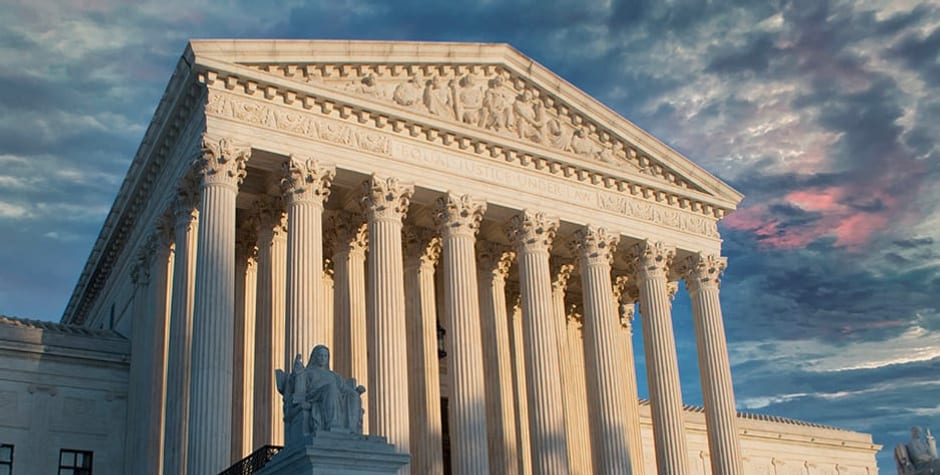ACLJ Urges U.S. Supreme Court To Hear Key Case Involving Religious Liberty Rights in the Workplace
This week, the American Center for Law and Justice (ACLJ) filed an amicus brief asking the U.S. Supreme Court to hear a case involving protection for employee religious freedom in the workplace. The case, Groff v. DeJoy, involved a Christian postal worker, Gerald Groff, who wanted to observe Sunday as his day of rest. For years, the U.S. Postal Service accommodated his religious convictions and did not assign him any Sunday shifts. Eventually, that accommodation stopped after the Postal Service began to deliver Amazon packages on weekends. Even though Mr. Groff offered to work extra shifts, the post office still insisted on assigning him Sunday work. Groff declined to work the Sunday shifts assigned to him and the post office imposed various disciplinary measures. Mr. Groff sued and lost before the trial court and the Court of Appeals for the Third Circuit.
He has asked the Supreme Court to hear his case. The main issue in the case is whether the Court should overrule a 1977 decision that narrowed protection for religious liberty in the workplace. Title VII, the civil rights statute protecting employees from discrimination at work, says that employers must accommodate employees’ religious practices unless to do so would impose an undue hardship on the employer. If you were asked to define an “undue hardship,” you would probably guess that the word means something like significant suffering or a difficulty that is hard to endure. And you’d be right.
But in a case called Trans World Airlines v. Hardison, the Supreme Court held that undue hardship means anything “more than de minimis.” The Court apparently never even picked up a dictionary to learn that de minimis actually means “a trifle.” In choosing a dead-wrong definition for a key statutory term in Title VII, the Hardison Court essentially robbed the statute of the protection Congress intended it to provide. And employees whose religious practices conflict with their job requirements have been suffering ever since – and losing court battles. It is extremely easy for employers to show that accommodating an employee’s religious practice will cost “more than a trifle.” And to make matters worse, the courts have been holding that when other employees complain about an accommodation for another employee’s religious beliefs, that in itself qualifies as “more than a trifle.” That is exactly what happened to Mr. Groff. Other employees complained about his religious accommodation, so the post office threw up its hands and said “no more.”
Our brief urges the Court to overrule Hardison and restore full protection for employee religious practices in the workplace. We argued that the “more than de minimis standard” was “pulled out of thin air” and negates the term “undue hardship.” We argued further that “Hardison lacks even a pretense of statutory interpretation or rational deliberation by the Court. It does not qualify as a true precedent with stare decisis force.” Stare decisis is a Latin term that stands for the principle that once a case is decided, the Court is bound to adhere to it absent a very significant justification. When a decision gets something so basic (like the definition of a key statutory term) so wrong, stare decisis should not apply.
For years the ACLJ has been taking on case after case to defend the right of employees to obtain a religious accommodation to be able to attend church and observe the sabbath. This case at the Supreme Court will have a critical impact on this ongoing work.
If you’ve experienced an issue with religious discrimination in the workplace or just want more information about how you can make a proper request for religious accommodation under Title VII, it’s what we are here for. Contact us with your situation at ACLJ.org/HELP.

